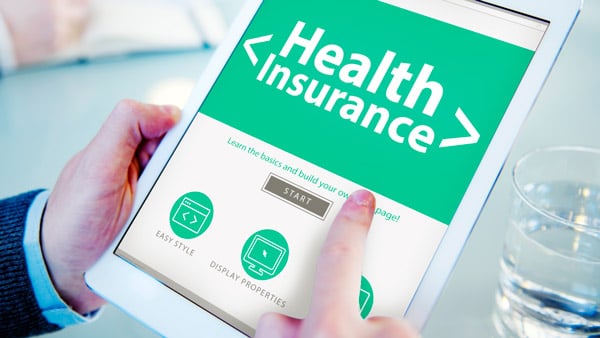The challenge facing health care professionals who seek to better gather and share information isn't a lack of tools; it's an inability of many of the tools to talk to one another.
That's one of the major takeaways from a panel on health care APIs, or application program interfaces. As the industry has gravitated nearly completely to electronic health records (EHRs), the next challenge is to make sense of all the data that's being collected and stored. Experts convened in Austin, Texas, to attempt to bring some order to the sprawling world of technologies developed for the industry.
As reported by Extreme Tech, panelists said that private industry has been rolling out equipment that measures, monitors, analyzes, and otherwise collects and manipulates health information. But because of the way private industry works, a key piece — APIs — has been left out. Thus data tech that should be linked to other devices operates in a vacuum, depriving the industry of the synergies of efficient information coordination.
Recommended For You
Key words from the panelists included "interoperability" and "standardization." Panelist Josh Mandel, a Harvard Medical School physician and software developer, is a proponent of creation a universal platform that the very best solutions would be linked to and, through it, to one another. Dubbed the Substitutable Medical Applications and Reusable Technologies platform, or SMART, it would lead to development of products to a single operability standard so that information sharing would be seamless.
The APIs associated with SMART would, according to Mandel, send and receive health data from EHRs and analyze it. The outcome could be as significant as tracking a worldwide epidemic or as practical as connecting personal health technology (wearables) directly to one's personal EHR so that physicians could quickly take action on the information.
Ultimately, the panelists called for achieving the twin aims of lowering healthcare costs through better use of data, and improving patient health by getting more and better data more quickly. The next step: convincing patients to act upon the wealth of information and play a role in their own health.
© 2025 ALM Global, LLC, All Rights Reserved. Request academic re-use from www.copyright.com. All other uses, submit a request to [email protected]. For more information visit Asset & Logo Licensing.








